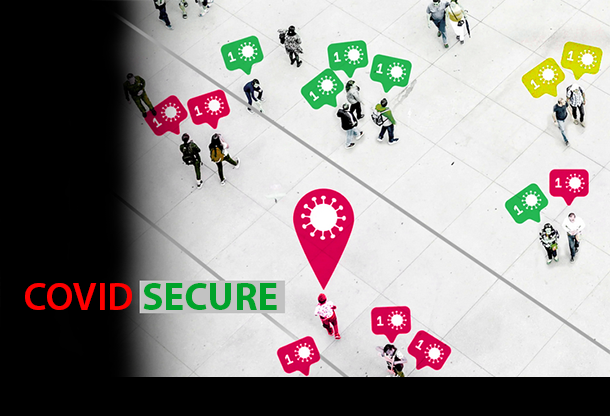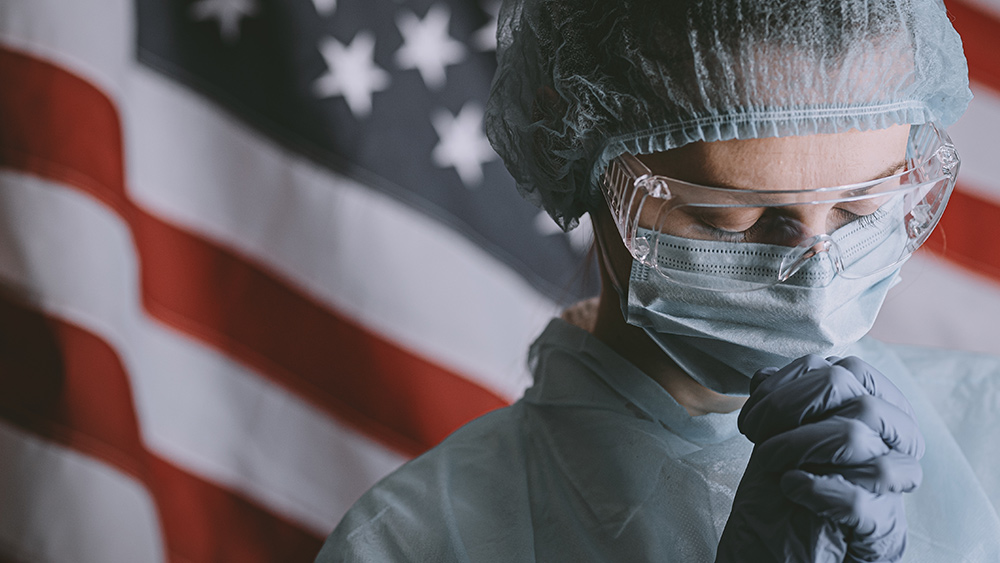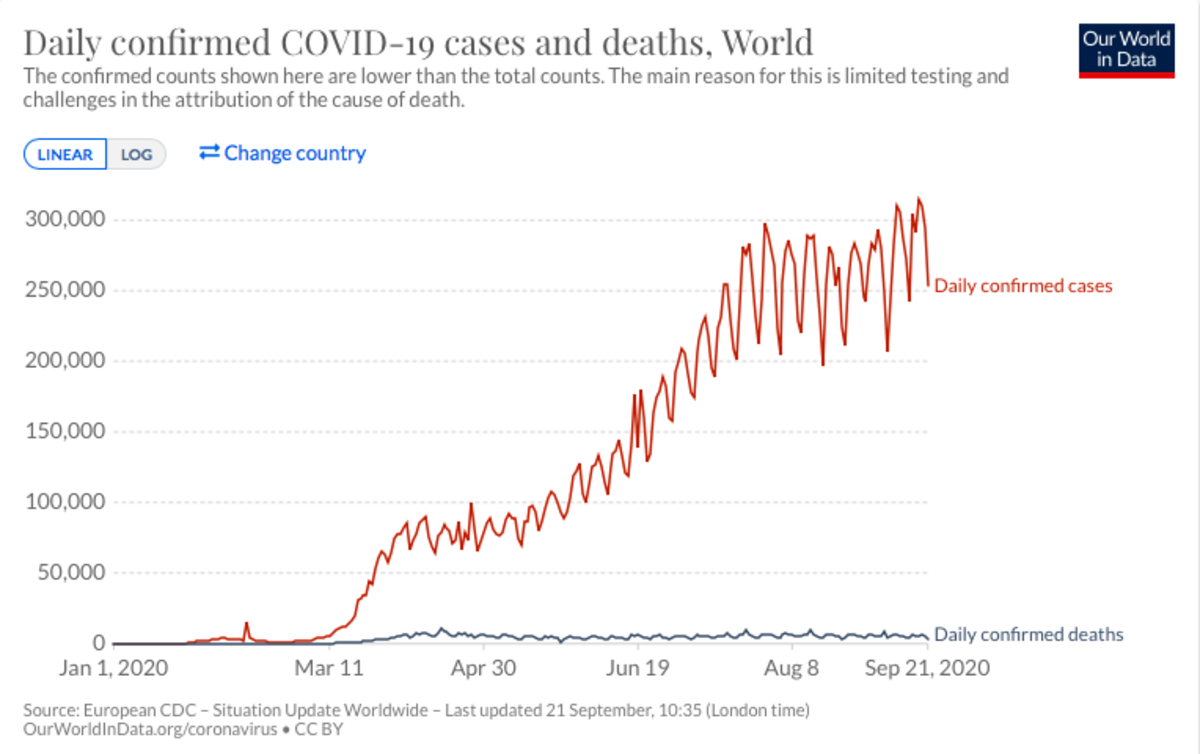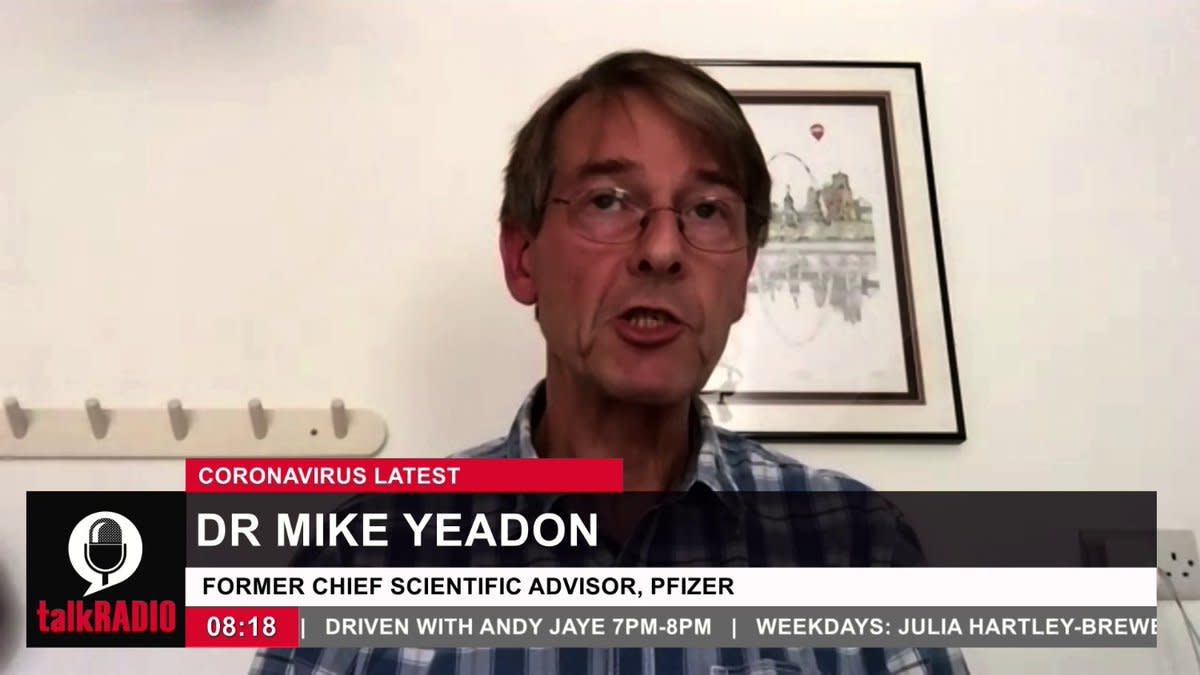Tegnell gave an interview yesterday, and at least based on that, he is mostly sticking to his old principles. He didn't mention anything about possible lockdown measures. The interviewer questioned, in a sneaky manipulative way, about the possibility of getting re-infected with COVID, but he countered this quite brilliantly by stating that, "There has only been 3 known cases of this happening in the whole world, so he isn't worried about this possibility".
Yes, as far as I understand, the Swedes were lucky to have Tegnell as well as his predecessor Johan Giesecke (who apprently advised Tegnell and is kind of a brother in arms) who were good guys in the right positions and with enough authority. However, the PTB seem to have a big influence on Swedish media (like elsewhere), so they tried to smear them, like with the nothing-burger-scandal involving Giesecke. In fact, it shows just how right on the money Giesecke and Tegnell were from the start:
Over in two months
In a follow-up article published in the Expressen newspaper, Karlsten highlights an early email Giesecke sent in March to Tredje AP-fonden or AP3, a Swedish pension fund, which employed him at the time as a consultant.
"I believe the virus is going to sweep like a storm over Sweden and infect basically everyone in one or two months," Giesecke writes. "I believe that thousands are already infected in Sweden. (...) It will all come to an end when so many have been infected and become therefore immune that the virus has nowhere else to go (so-called herd immunity)."
In the email, he argues that for the majority, the infection will be like a normal cold and that most won't even notice they are infected, and the course of the outbreak would take "one to two months", with the pandemic peaking in early April.
Worth reading that article for a peep behind the scenes!
I think what Giesecke and Tegnell achieved is truly remarkable, given the forces they were and are up against. This perhaps shows the hastiness of the PTB's reaction, that maybe they haven't total control especially in less significant countries, and also the power one man and his network can have if they decide to do the right thing.
EDIT: Here is another interesting bit from the article, showing what went on and what a fine line Tegnell had to walk between Giesecke's sound advice, external pressure and pressure from within his own bureaucracy:
Following the flu curve
Another series of emails discuss modelling the coronavirus on flu.
Tegnell's counterpart in Norway, Frode Forland, and his immediate predecessor as state epidemiologist, Annika Linde, have both accused the Swedish Public Health Agency of failing to adapt a pandemic strategy and approach designed for influenza.
"I've had an idea," writes Giesecke on March 15th to Tegnell's deputy Anders Wallensten and the agency's analysis head Lisa Brouwers.
"One could take a cumulative curve of deaths from influenza over the 2018-2019 season and gradually lay that over the curve for coronavirus in the same graph," he proposes.
"If the numbers for influenza are suitable it could be interesting (and also hopefully 'politically' useful) to see if the corona curve follows the influenza curve over time."

Wallensten calls the idea "interesting", but suggests they should consider whether such a graph would be "pedagogical or risk making us seem like we're neglecting corona".
Annasara Carnahan, one of the agency's epidemiologists, criticises the proposal, arguing that "either it fuels fear or it minimises the mortality of Covid-19". Karlsten reports in the article that another unnamed staff member said they were "unsure it would be smart to put out a 'quick and dirty' result at this point".
"People aren't going to be less worried because we show it's even worse with influenza," they said.
Giesecke then complains to the agency's head of analysis Lisa Brouwers: "Why have your statisticians/investigators so many opinions over how data is to be used?"
She replies: "Haha, yes, it's both good and sometimes irritating."

Influencing policy?
The flu graph discussed above was in the end never published. Another email which has been getting attention on social media is one from March 27th, when Giesecke proposes reopening upper secondary schools and universities for on-campus tuition, asserting, that the closures "play no epidemiological role".
"I think we should relax the closures of upper secondary schools and universities after Easter. They play no epidemiological role and it would be a signal of change for the better," he said.
"I think it's a shame for everyone who is in the third year [of upper secondary school]. It's sad that they won't be able to celebrate their final exams after 12 years in school. All the best, Johan (after a glass of wine at Friday dinner)."

But, like several of Giesecke's emails, it was ignored. The policy was not relaxed until the end of June.
Last edited:






